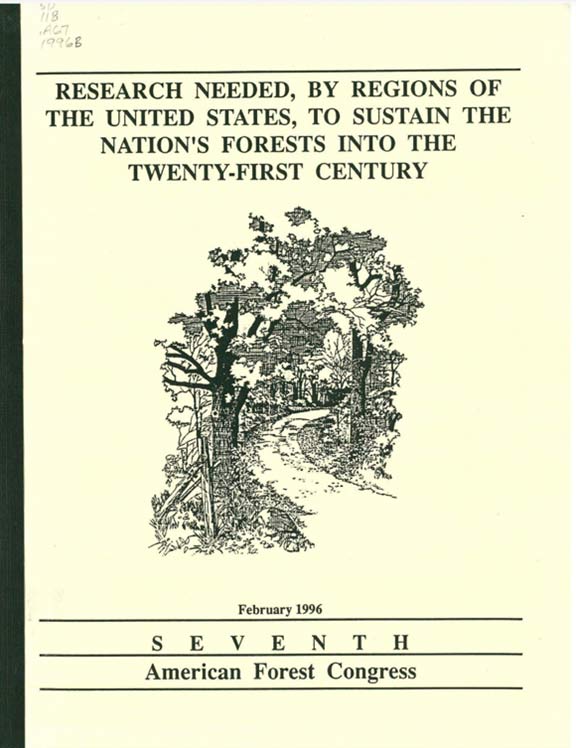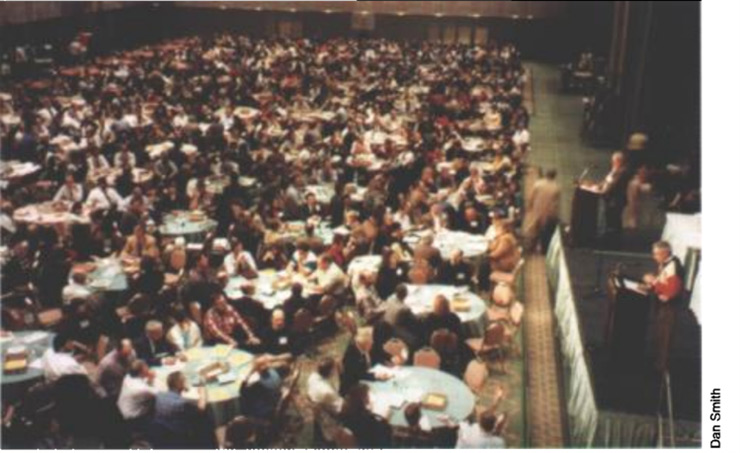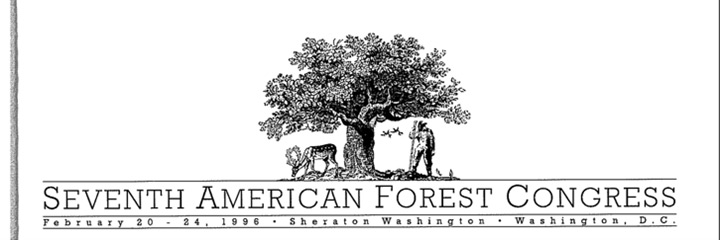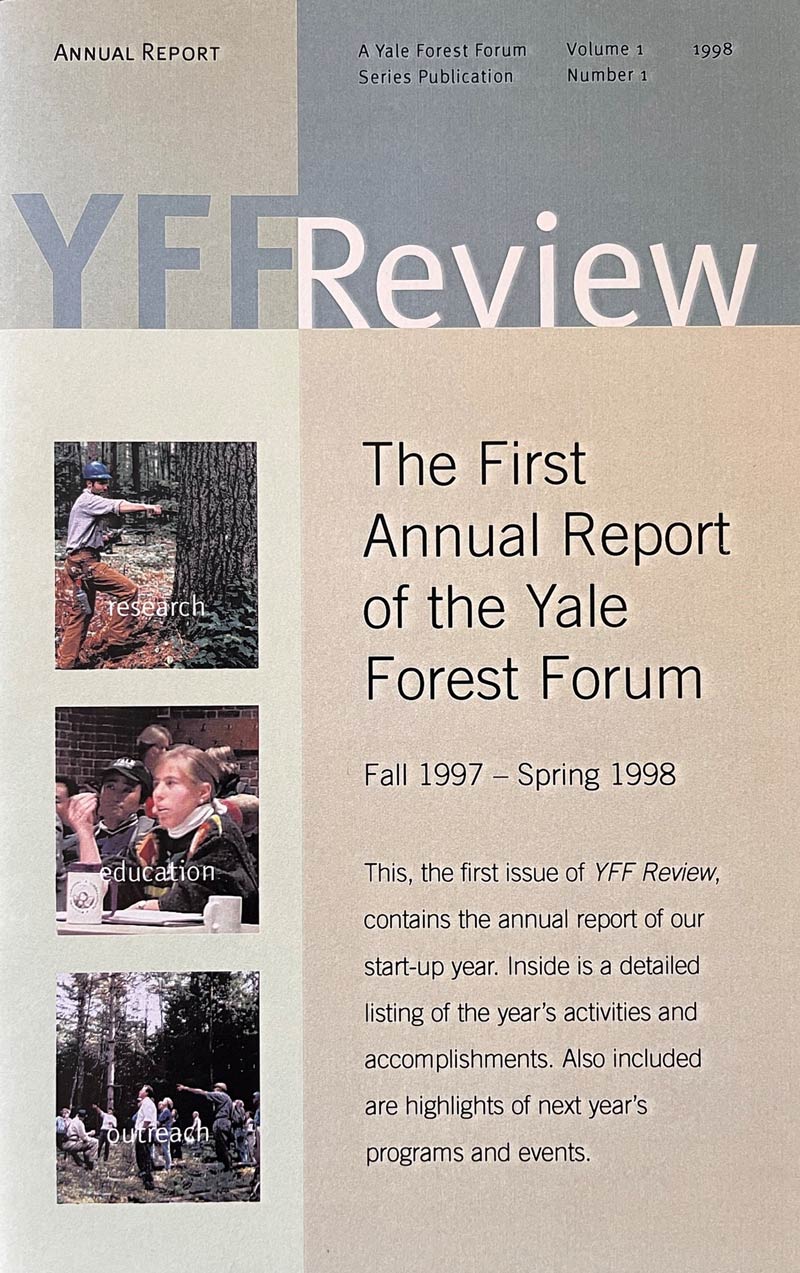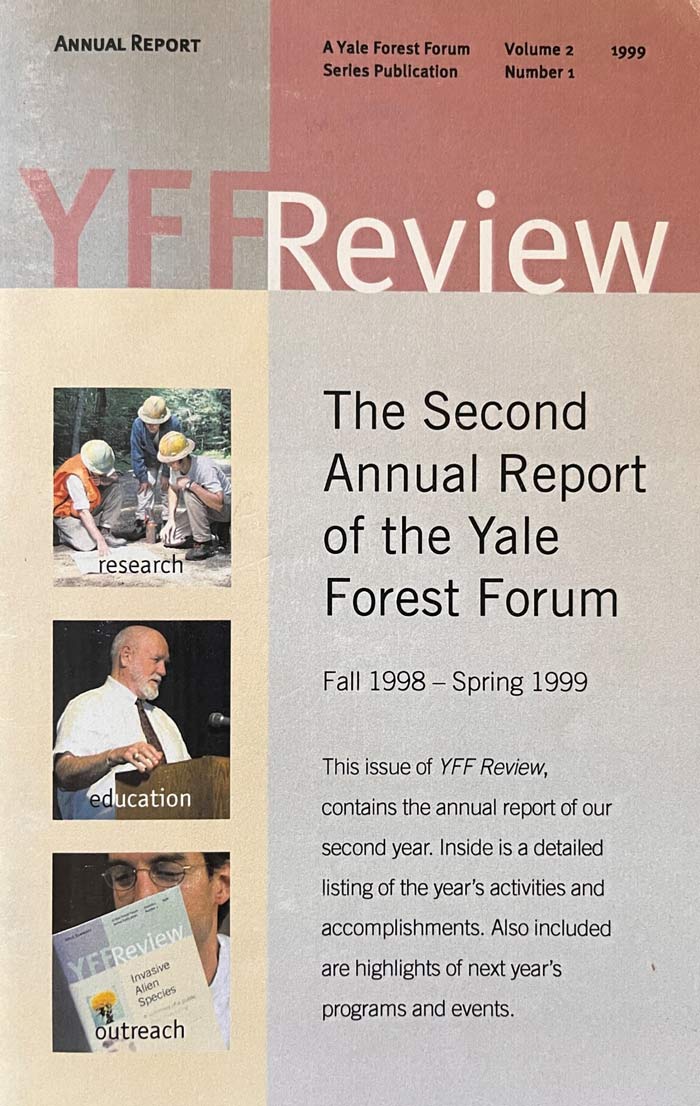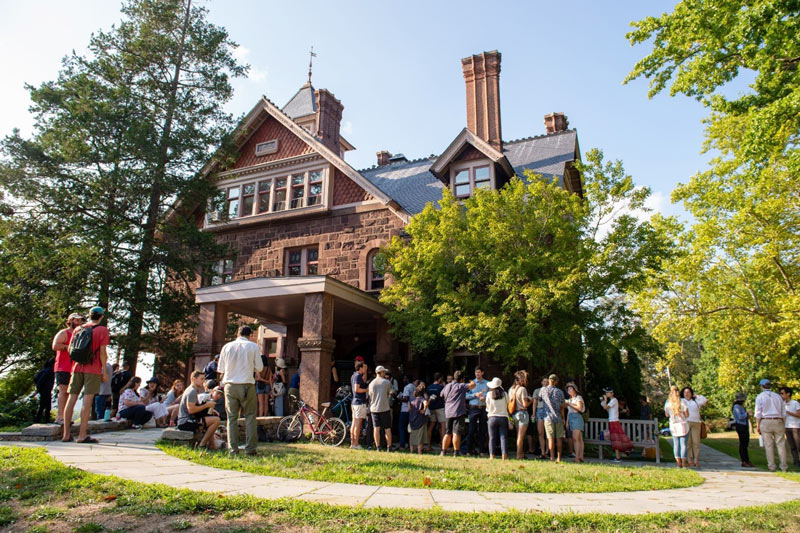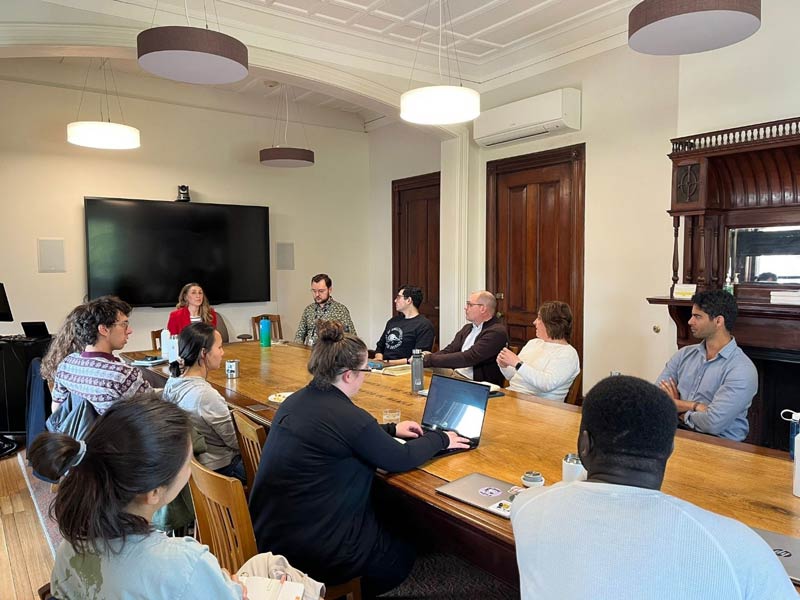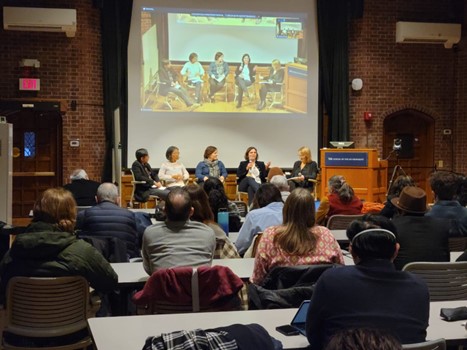About
The Yale Forest Forum
The Yale Forest Forum is a forum for engagement, learning, and discussion on the most pressing topics and challenges related to forests and forest landscapes today. Programming engages Yale students, faculty, and staff and is also open to the general public.
YFF holds a weekly speaker series in the spring and fall, which is the longest continuously running speaker series at the Yale School of the Environment. Speakers come from a wide range of organizations and perspectives, including government, NGOs, businesses, and academia, working at scales from local to international. Each speaker series culminates in an edition of the YFF Review, a published summary of the talks and their key learnings.
In the past, the speaker series were hosted in Marsh Hall as weekly lunch talks during the academic year, providing opportunities to hear from leaders in forest management, conservation, or policy in an informal setting. Since 2020, the speaker series has been held virtually, making it possible for anyone to join from around the world. Speaker talks are publicly available to attend virtually during the live presentations and are recorded and made available for viewing afterward.
YFF is managed by a small group of TFS staff, faculty, and students to ensure that the programming is timely, cutting edge, and relevant to the work of the School.
The Yale Forest Forum is established after Professor John Gordon produced the Forest School’s vision for “Redefining Forestry at Yale.” To implement this new vision, Gordon engaged with a diverse group of forestry leaders under the auspices of the “Yale Forest Forum” on forest policy and management challenges in the United States.
YFF calls for the convening of the Seventh American Forest Congress (7AFC). The mission of the Congress was to use innovative and efficient stakeholder engagement processes to develop and articulate a common vision, principles, and next steps for forests in the U.S. The Office of the 7AFC was based at Yale and staffed by the school’s faculty, staff, and students.
YFF becomes a permanent “forest center” at the school. YFF focuses on student-oriented programming related to research, education, and outreach. Activities include speaker series and forums; hosting visiting fellows and developing relevant courses; faculty and alumni advisory groups; full summer internship program; YFF Review publications; and a coordinated research program affiliated with the School Forests.
The School creates the Global Institute for Sustainable Forestry (GISF) to conduct forestry programming while YFF becomes the core convening body for engagement on cutting-edge forest issues. YFFs wrapped existing programming into GISF. The YFF’s speaker series which started in 1997 is the longest continuously running speaker series at F&ES (YSE). Speakers come from a wide range of organizations and perspectives, including government, NGOs, and businesses, working at scales from local to international.
The School changes its name to Yale School of the Environment (YSE) and (re)creates The Forest School as a sub-school within it. The Global Institute for Sustainable Forestry (GISF) is sunsetted. YFF is rehoused within The Forest School and continues to serve as the primary hub for convening and special events related to forests at Yale.
How to Join Us
Marsh Hall in New Haven, CT can be reached by car, rail, and air.
Interactive map of Yale Campus.
By Car
Marsh Hall is easily accessible from major highways I-91, I-95, and Route 34.
From I-95 going north or south, or from Rt. 34, take the interchange to I-91 going north. Continue below.
From I-91 going north, take the Trumbull St. exit (exit #3). Stay on Trumbull St., passing Orange St., Whitney Ave., and Hillhouse Ave. Turn right onto Prospect St. and keep going to the top of the hill. Marsh Hall is on the left just beyond the corner of Edwards St. Note that the parking entrance is the 2nd driveway.
From I-91 going south, take the Willow St. exit (exit #6). Coming off the ramp, turn right onto Willow St. Continue on Willow St. until it ends at Whitney Ave. Turn right onto Whitney Ave. for 1 block. Turn left onto Canner St. two blocks (counting from the left) up the hill. Turn left onto Prospect St. Marsh Hall will be on the right.
By Rail
Trains run to New Haven on Amtrak and locally by MetroNorth. New Haven’s Union Train station is a ten-minute taxi ride to campus.
By Air
New Haven can be reached from Kennedy, LaGuardia, or Newark Airports (a minimum of 2½ hours ground travel time; Newark Airport has an Amtrak stop), Hartford’s Bradley International Airport (approximately 1 hour ground travel by car or train), or New Haven’s Tweed Regional Airport (ten minutes to campus by taxi). For information on flights into Tweed, visit www.flytweed.com.
Other area airports include Boston Logan International, Providence T.F. Green Airport, and Westchester County Airport.
